 BU is participating in the EU funded Erasmus Mobility Programme which is part of the EU funded Lifelong Learning Programme. Academic and Professional Services staff can now bid for funding in support of visits to partner universities or enterprises in Europe. Enhance your CV and have a great international experience!
BU is participating in the EU funded Erasmus Mobility Programme which is part of the EU funded Lifelong Learning Programme. Academic and Professional Services staff can now bid for funding in support of visits to partner universities or enterprises in Europe. Enhance your CV and have a great international experience!
The funding isn’t just available for teaching visits, staff can also visit businesses or universities for training. The criteria for the training visits are as follows:
Staff going to an enterprise:
- Learn by transfer of knowledge and to acquire practical skills.
- Activities can also include: language training, seminars, workshops, courses and conferences. These should not account for the majority of activities carried out.
Non-teaching staff visiting a partner university:
- Learn from the experiences and good practices of the partner university and improve the skills required for their current job.
- The main activity is a short stay in the partner institution that may include a short secondment period, job-shadowing scheme, study visit etc.
Teaching staff visiting a partner university:
- Main purpose is to receive training.
- Formal periods of practical training, short secondments etc should account for the majority of the activities carried out.
- Activities can also include: language training, seminars, workshops, courses and conferences. These should not account for the majority of activities carried out.
To apply:
Further information and the form to bid for Erasmus funding is now online at – http://www.bournemouth.ac.uk/about/the_global_dimension/centre_for_global_perspectives/erasmus_staff.html
Deadline:
The deadline for submission of the bids is Friday 28th October 2011
Queries:
BU Erasmus Co-ordinator – Deborah Velay
Email: dvelay@bournemouth.ac.uk
Tel: 01202 965 824
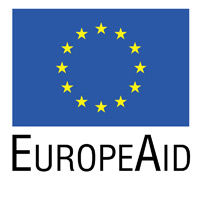









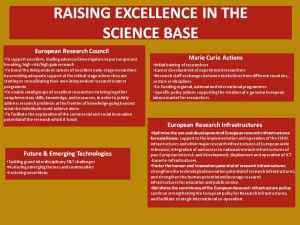
 Richard Brooks and Katherine Timms, Officers from CRE Operations, recently attended a training session called Total Proposal run by Aron Cronin, director of GIC limited. GIC limited is an international management and business consultancy specialising in business development and training services.
Richard Brooks and Katherine Timms, Officers from CRE Operations, recently attended a training session called Total Proposal run by Aron Cronin, director of GIC limited. GIC limited is an international management and business consultancy specialising in business development and training services. 



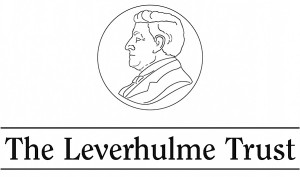 The Leverhulme Trust has funding available for research programme grants. This funding is for projects of up to five years duration and overarching projects should address a central theme of significance through the undertaking of a series of distinctive sub-projects. The 2012 competition themes are:
The Leverhulme Trust has funding available for research programme grants. This funding is for projects of up to five years duration and overarching projects should address a central theme of significance through the undertaking of a series of distinctive sub-projects. The 2012 competition themes are:


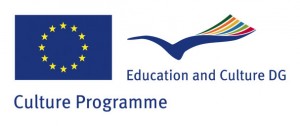

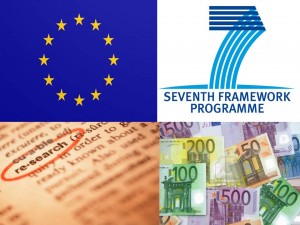












 Expand Your Impact: Collaboration and Networking Workshops for Researchers
Expand Your Impact: Collaboration and Networking Workshops for Researchers Visiting Prof. Sujan Marahatta presenting at BU
Visiting Prof. Sujan Marahatta presenting at BU 3C Event: Research Culture, Community & Can you Guess Who? Thursday 26 March 1-2pm
3C Event: Research Culture, Community & Can you Guess Who? Thursday 26 March 1-2pm UKCGE Recognised Research Supervision Programme: Deadline Approaching
UKCGE Recognised Research Supervision Programme: Deadline Approaching ECR Funding Open Call: Research Culture & Community Grant – Apply now
ECR Funding Open Call: Research Culture & Community Grant – Apply now ECR Funding Open Call: Research Culture & Community Grant – Application Deadline Friday 12 December
ECR Funding Open Call: Research Culture & Community Grant – Application Deadline Friday 12 December MSCA Postdoctoral Fellowships 2025 Call
MSCA Postdoctoral Fellowships 2025 Call ERC Advanced Grant 2025 Webinar
ERC Advanced Grant 2025 Webinar Update on UKRO services
Update on UKRO services European research project exploring use of ‘virtual twins’ to better manage metabolic associated fatty liver disease
European research project exploring use of ‘virtual twins’ to better manage metabolic associated fatty liver disease